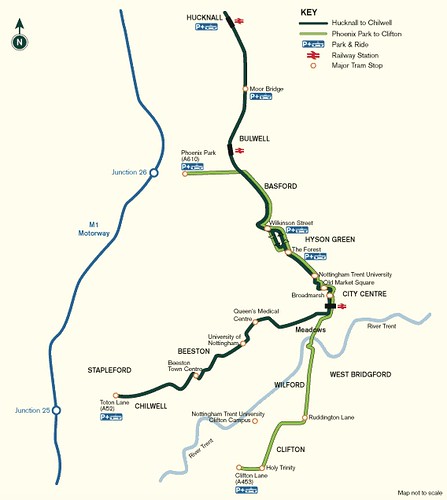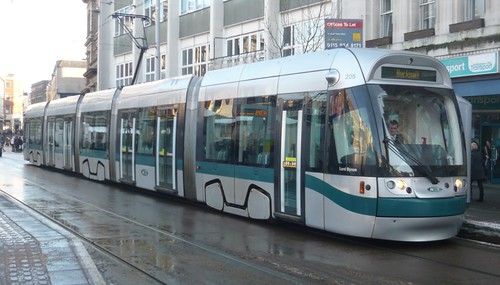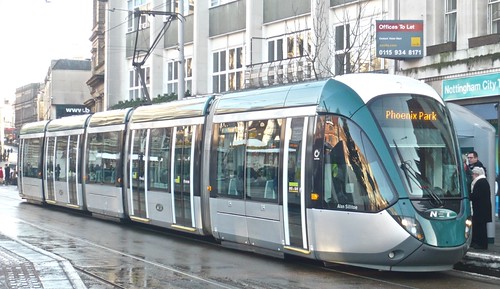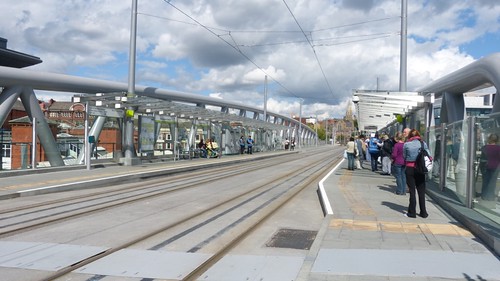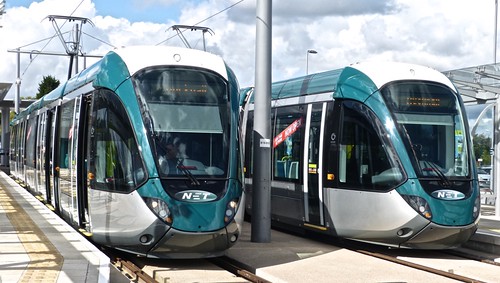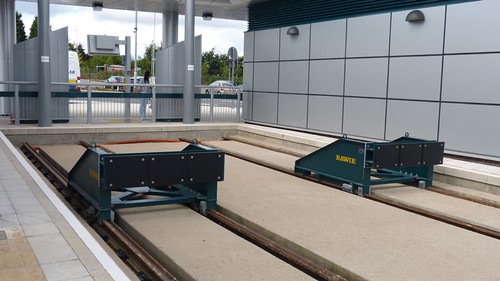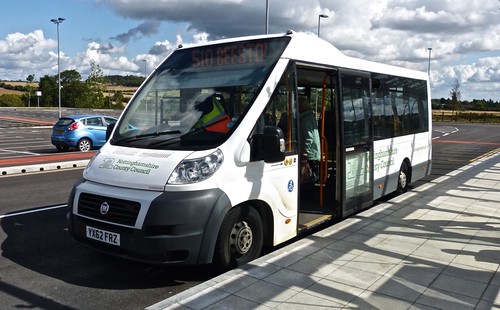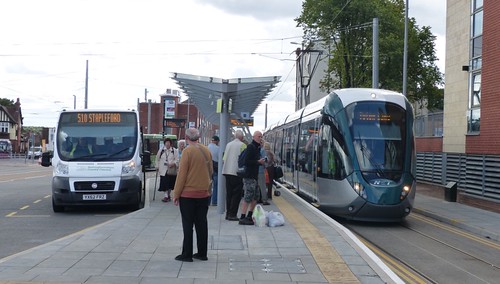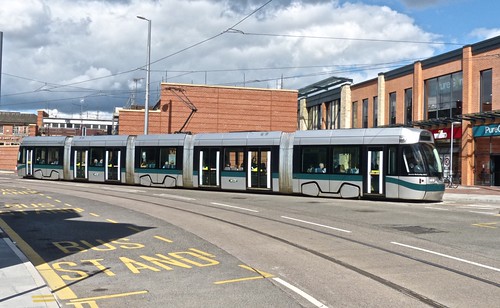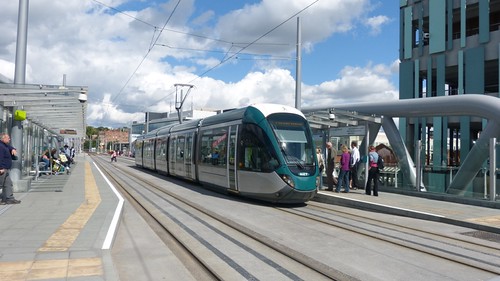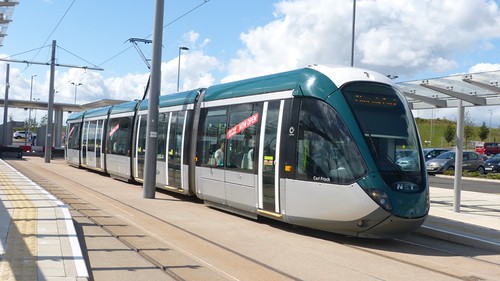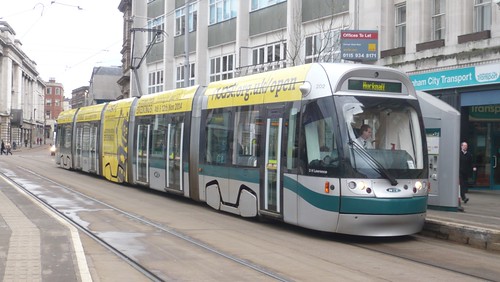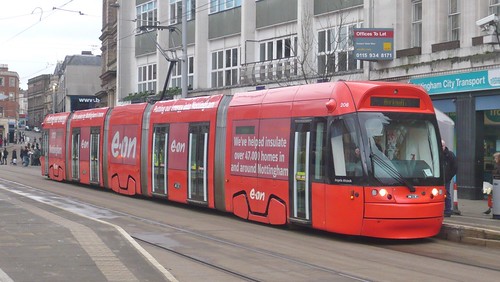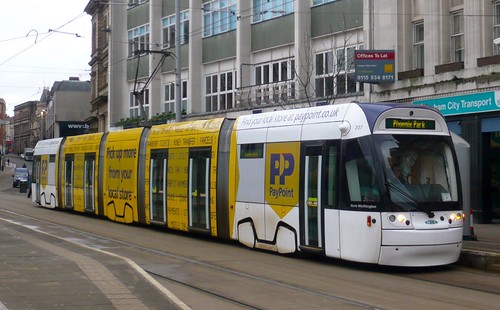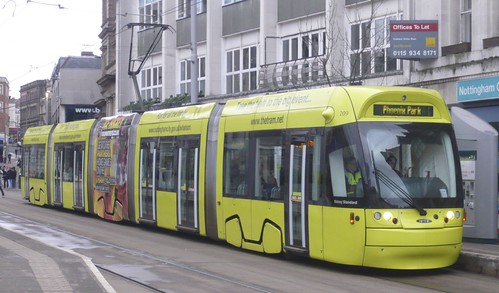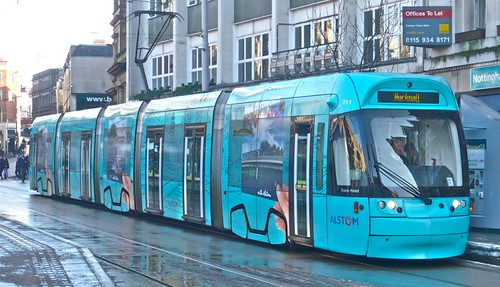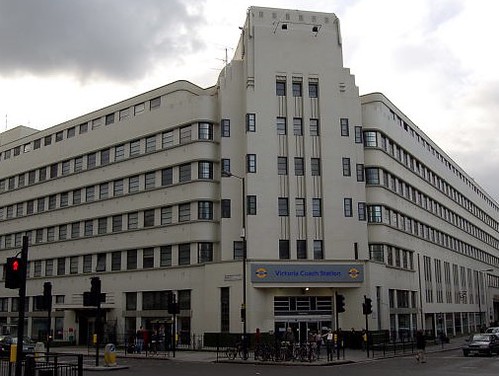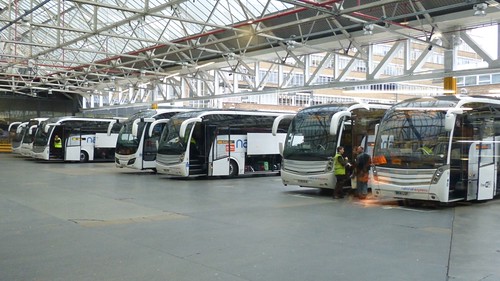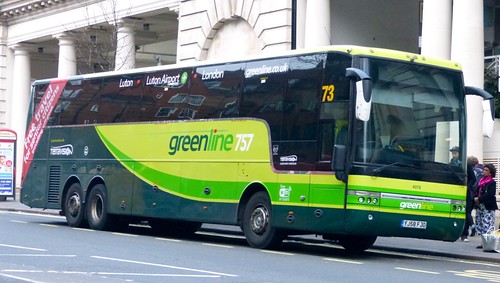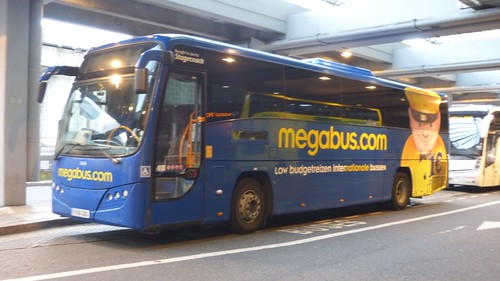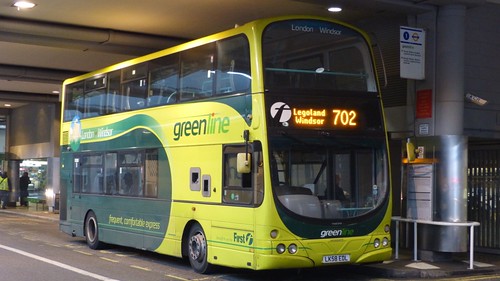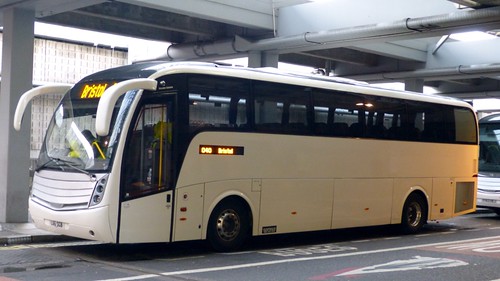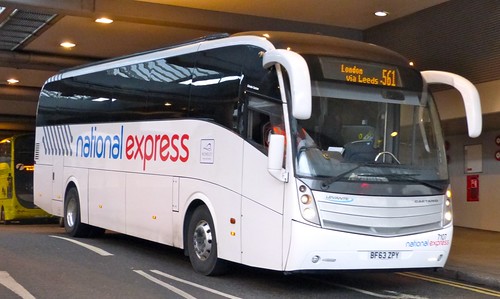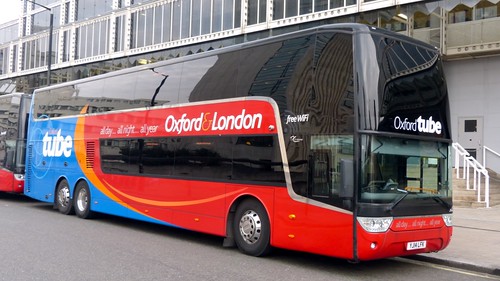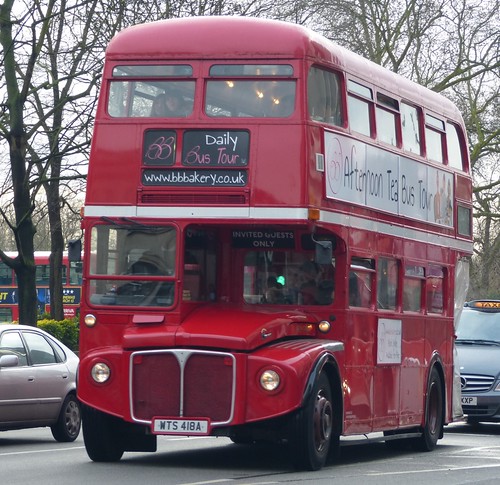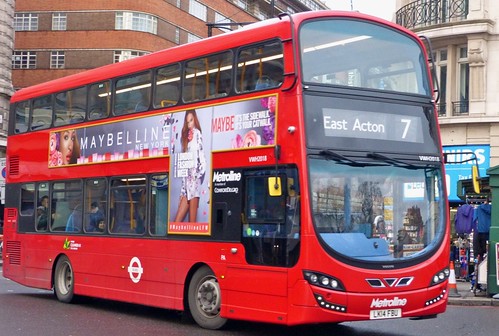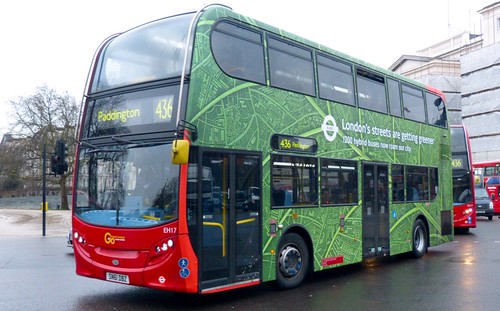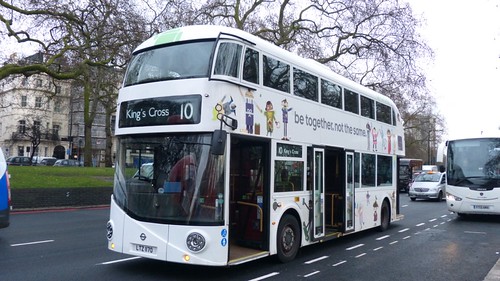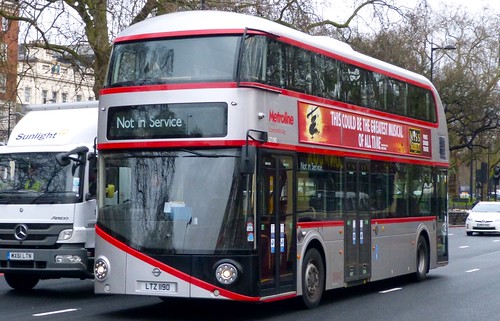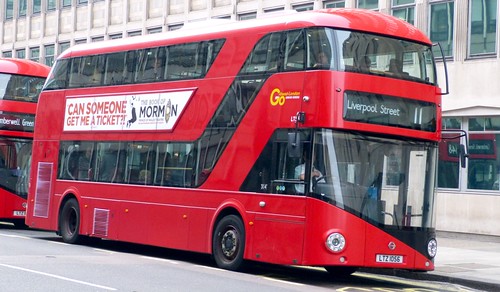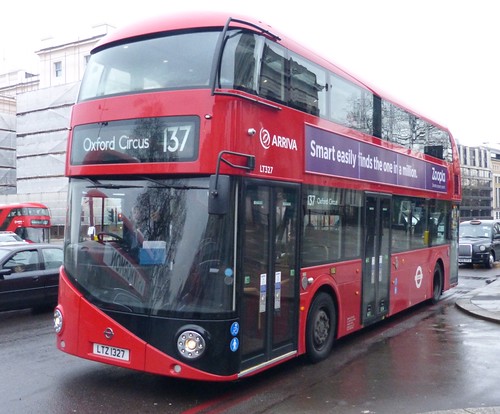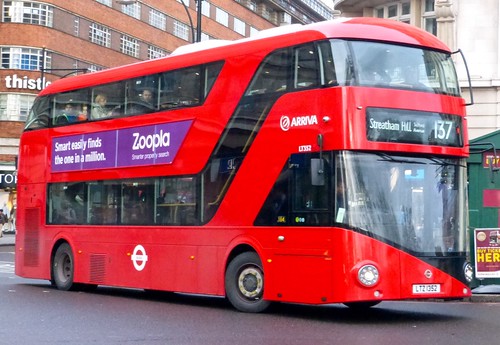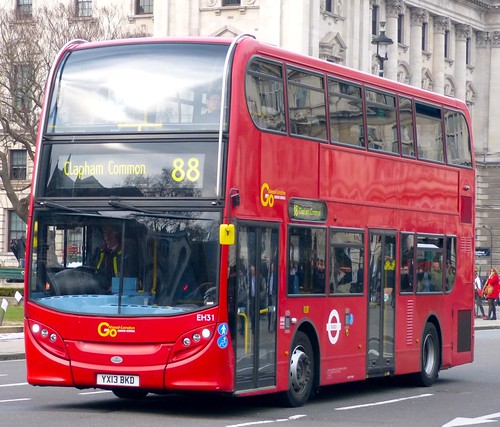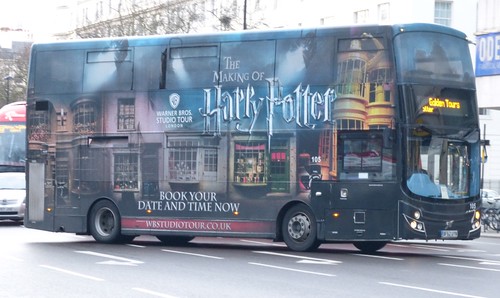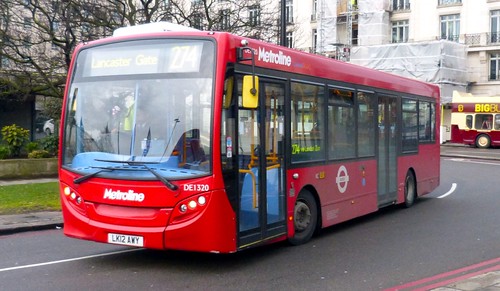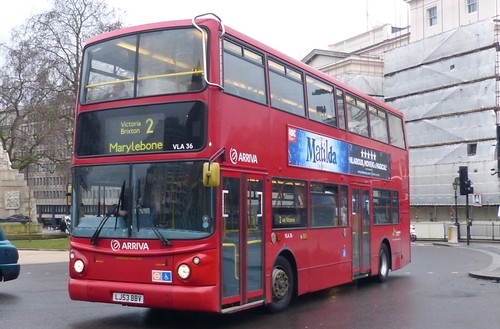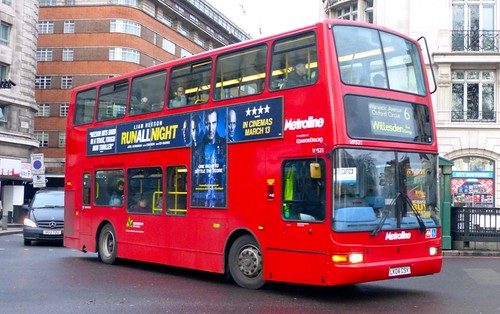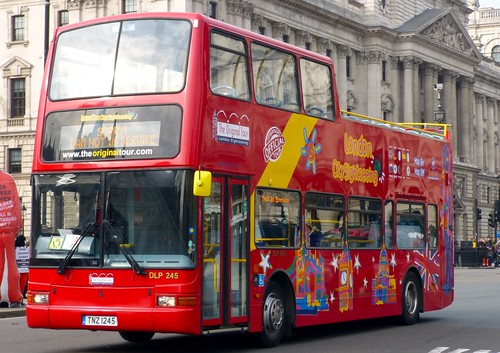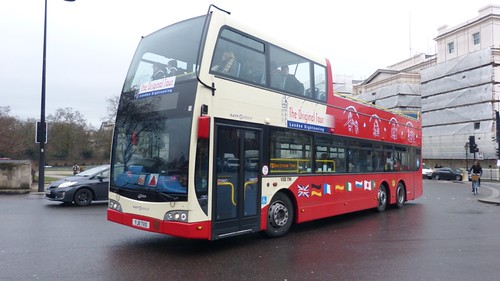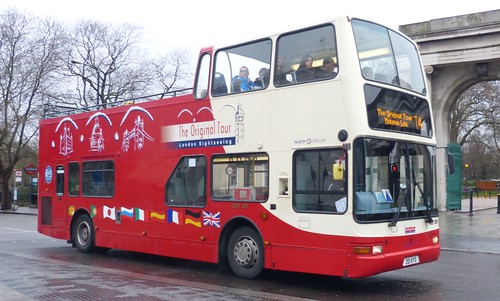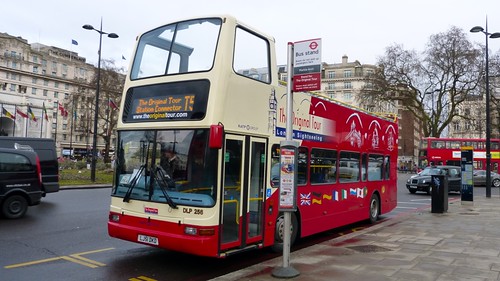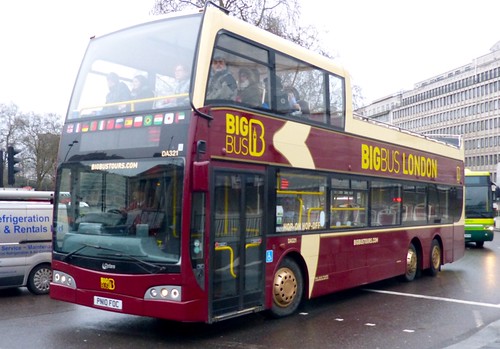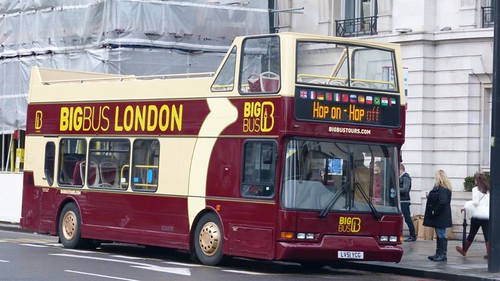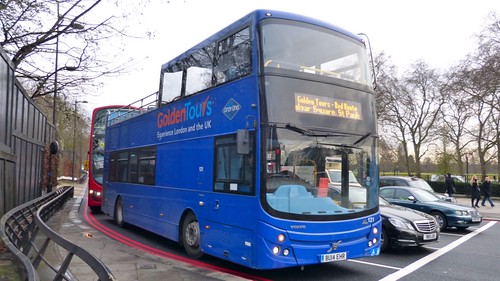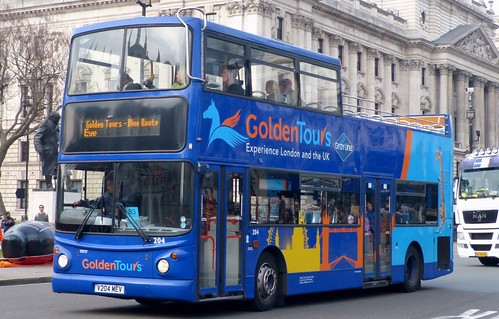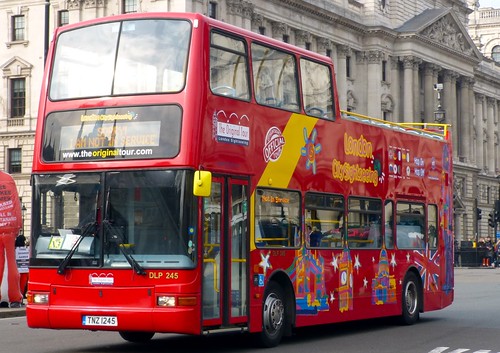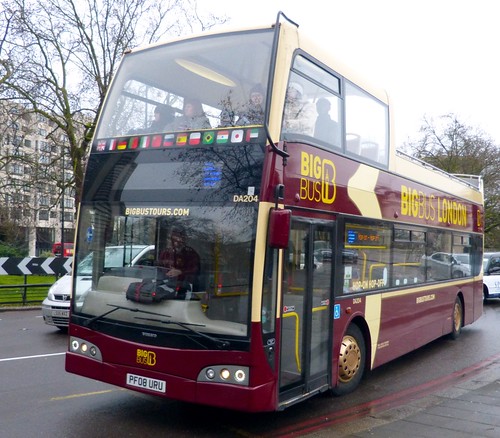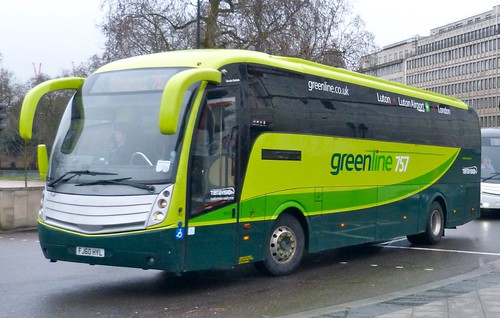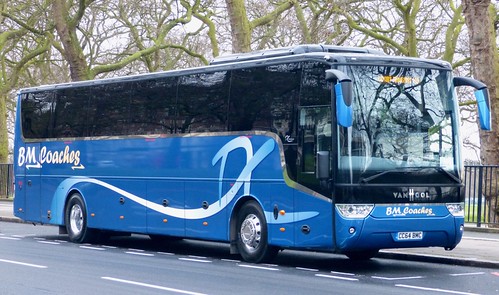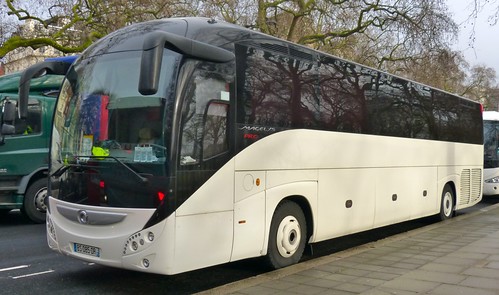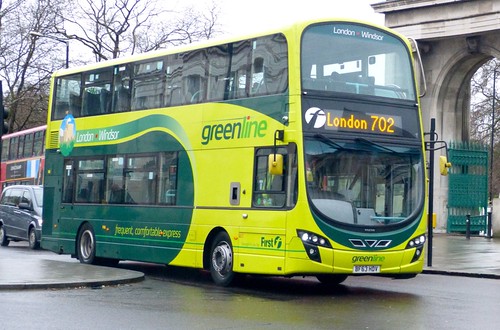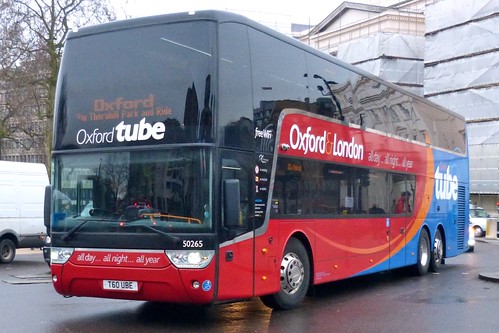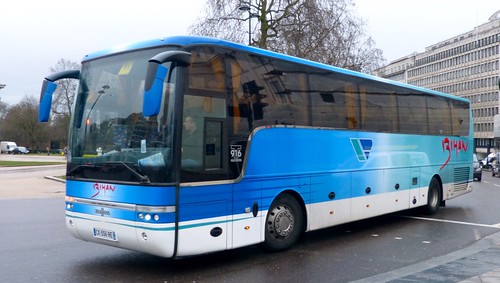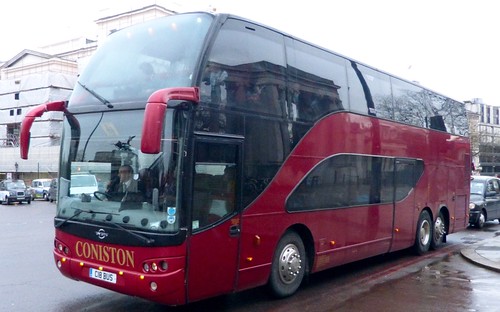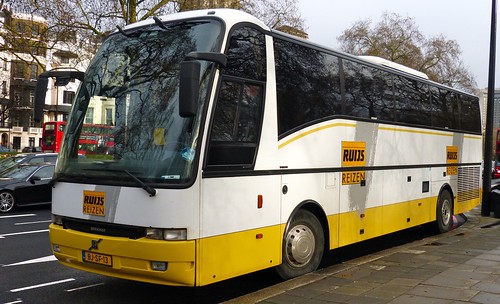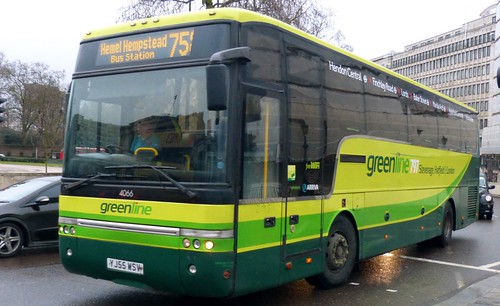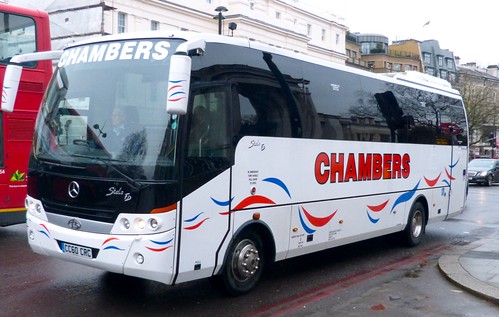The work to build Nottingham’s tramway system has been going on for that many years that it is difficult to remember a time before it started.
The initial line (Phase 1) was built from Hucknall in the North to terminate at Nottingham Railway station on the Southern side of the city taking in much of the city centre along the way
This was opened in 2004 and is known as ‘Nottingham Express Transit’ (NET).
There was also a diversion North of Basford (No! not me but probably my ancestral home) to serve a large Park & Ride facility at Phoenix Park which for many years was the site of Cinderhill pit.
This week Phase 2 after many weeks testing came into operation.
This continues South from the railway station for a few hundred yards before the line splits and one line goes South to serve Wilford and Clifton whilst the other line turns West to serve Nottingham University, The Queens Medical Centre, the suburbs of Beeston and Chilwell terminating on a very rural site at Toton Lane not far from but not in reach of the M1/A52 interchange.
The original rolling stock for phase 1 were 15 Incentro AT6/5 trams built by
‘Bombardier Transportation’.
Numbered from 201 to 215 they were given names of well known local people.
In time for the opening of phase 2, these trams were refurbished in 2014.
No. 205 Lord Byron
New trams for phase two were 22 Alstom Citadis 302’s which have been delivered over the past 2 years.
No.219 Alan Sillitoe
Both types of tram operate right across the system.
Below, the tram ‘stop’ at Nottingham railway station which was the terminus point for Phase 1.
The railway line runs at right angles under this deck and is accessed by stairs, a lift and escalators which were not working when I was there.
A pair to the new Citadis trams standing at the Toton Lane terminus.
The buffer stops look substantial !
There are a number of bus stands one of which is playing host to a Nottinghamshire County Council minibus.
YX62 FRZ
FIAT running units with bodywork produced by ‘Bluebird’ at Scarborough before they were taken over by Mellors of Rochdale.
Behind the bus can be seen the wide open spaces of the car park and beyond that the Nottinghamshire countryside at what is a very rural location.
The centre of Beeston has been heavily re-modelled to accommodate the trams.
This image shows the proximity of the buses and trams giving a cross platform connection facility. This tram is travelling outward.
The same connectivity applies on the inbound direction.
Passenger loadings were very heavy on the day I was there but the system having only just opened that was to be expected.
English National Concessionary Passes (bus passes) that are issued locally are the only bus passes accepted.
Bus Passes issued by any other authority pay the normal fares which in my view are reasonable.
A Clifton bound tram loads at the station railway station stop.
The other new terminus at Clifton is again rural in nature having run through the centre of the town.
The structures found across the new parts of the system are light, airy and functional.
The citizens of Nottingham have waited a long time for their new tramway.
At times it has been controversial and there have many slips along the way.
However, now that it is up and running, those people I spoke to were positive about it and were looking forward to putting it to good use.
I wish it well.
I have not as yet seen the new trams carrying advertisements as yet whereas the old ones do.
Here are a small selection of the recent colourful side of the system.
NET 202
NET 206
NET 207
NET 209
NET 211

